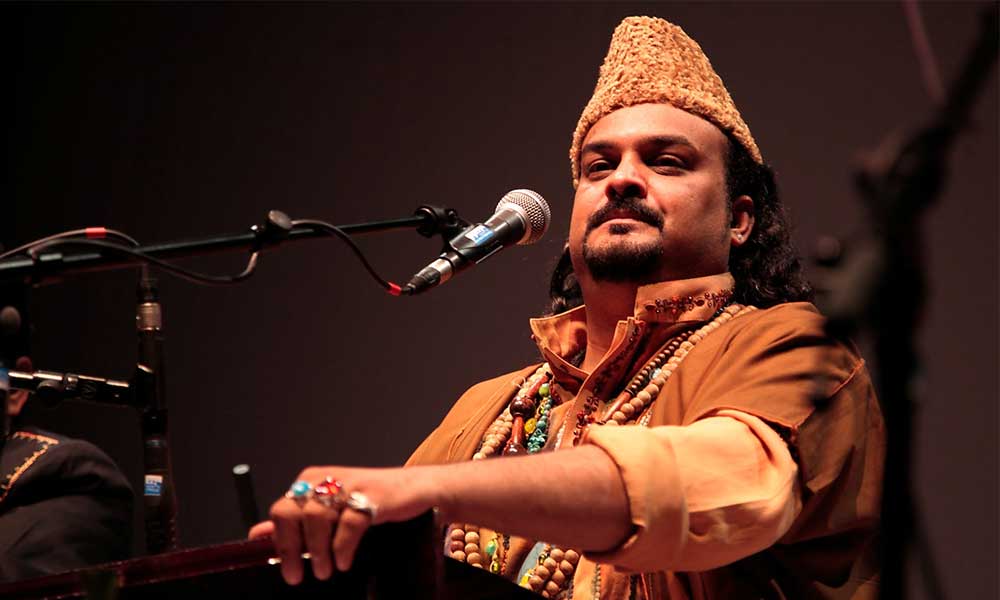The Voice of Devotion and Legacy of Qawwali
Amjad Farid Sabri, born on December 23, 1976, in Karachi, Pakistan, became a legendary qawwali singer, known for his soulful renditions of devotional music. His voice touched millions worldwide. As the son of Ghulam Farid Sabri and nephew of Maqbool Ahmed Sabri, Amjad inherited a powerful musical legacy from the renowned Sabri Brothers. His contributions to Sufi music earned him a distinguished place among the greatest qawwali maestros.
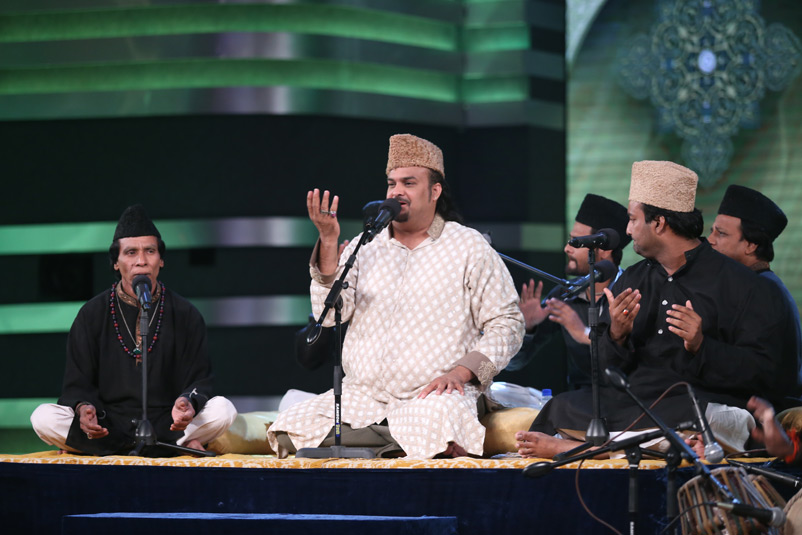
Early Life and Musical Roots
Amjad Sabriās passion for qawwali began early in life. His father, Ghulam Farid Sabri, co-founded the Sabri Brothers qawwali group, which garnered international acclaim for its mastery of Sufi devotional music. Amjad received comprehensive training in classical music and qawwali directly from his father. By the time he was 9 years old, he was already performing with the Sabri Brothers, accompanying his father and uncle at concerts across the world.
Amjad grew up in an environment rich in spirituality and music. His familyās influence nurtured his deep connection to Sufism. The Sabri Brothers were not only musicians but spiritual messengers. Through their music, they spread the teachings of Sufism, and Amjad embraced this mission wholeheartedly, reflecting it in his own performances.
The Art of Qawwali
Qawwali, a centuries-old form of Sufi devotional music from the Indian subcontinent, has a unique role in connecting with the Divine. The music often involves rhythmic and melodic compositions based on poetry praising Allah, Prophet Muhammad, or Sufi saints. The Sabri Brothers revolutionized qawwali by blending classical music with the spiritual depth of Sufism. Amjad Sabri carried on this tradition by adding his own distinct touch.
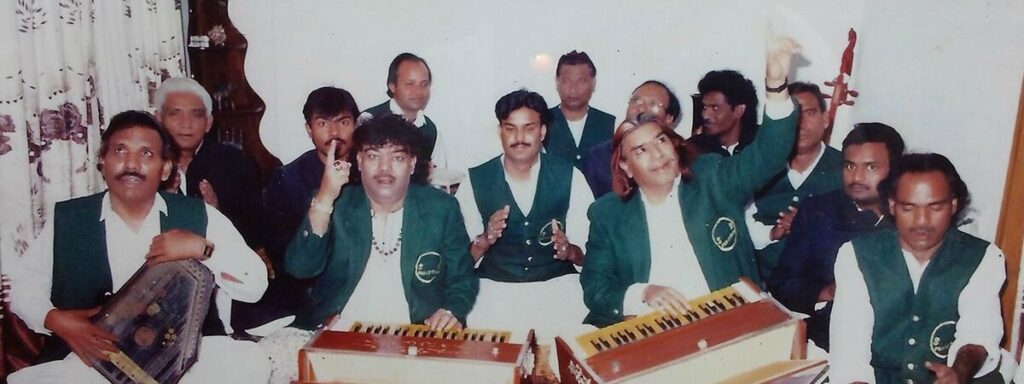
Amjadās voice resonated deeply with listeners, perfectly matching the emotional intensity of qawwali performances. His renditions of iconic qawwalis such as “Tajdar-e-Haram” and “Bhar Do Jholi” became cherished classics. By combining classical ragas with contemporary elements, he attracted a broad and diverse audience. His music transcended cultural and geographical boundaries, reaching people across the globe.
A Spiritual Messenger
Amjad Sabriās music was much more than just entertainmentāit was a vehicle for spiritual connection. Each performance served as an offering to God, and his devotion shone through every note. Much like his father and uncle, Amjadās qawwalis were a seamless blend of poetry, spirituality, and musical genius. These performances deeply touched listeners, evoking powerful emotional and spiritual responses.
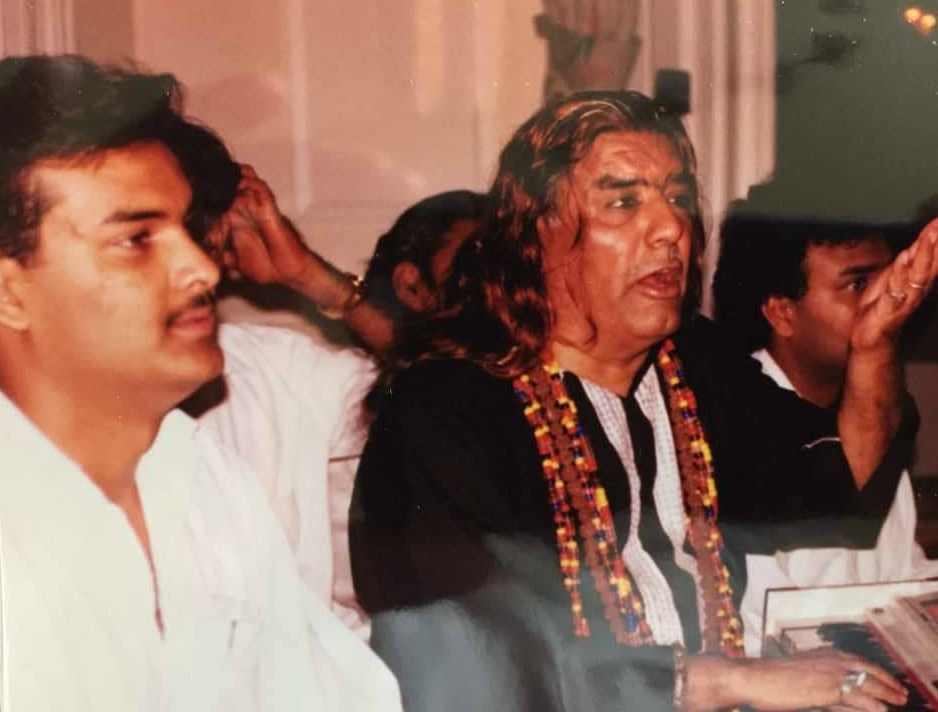
One of Amjadās most iconic qawwalis, “Tajdar-e-Haram,” which honors Prophet Muhammad, became a spiritual masterpiece. The piece wasnāt simply a musical performanceāit was a profound spiritual experience. Even today, this qawwali remains popular and is regularly played at religious events worldwide, continuing to inspire countless listeners.
Challenges and Triumphs
Despite his immense popularity, Amjad Sabri stayed grounded in his cultural roots. He repeatedly emphasized that his purpose wasnāt just to entertain but to reconnect people with their faith. Through his music, Amjad became a symbol of peace and unity, spreading the values of Sufism. His message of love, tolerance, and spiritual connection reached far beyond his music.
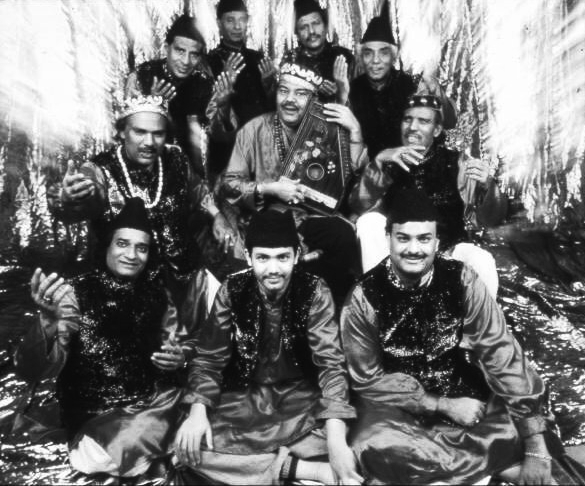
However, Amjadās path wasnāt without challenges. On June 22, 2016, tragic news broke of his assassination in Karachi. At the age of 45, the beloved qawwali legend was killed by extremists who opposed his peaceful message. This devastating loss sent shockwaves across the world. Millions mourned the death of a spiritual icon, and his absence left a void in the music world.
Legacy and Influence
Although Amjad Sabriās death was a great loss, his legacy continues to live on. His contributions to the art of qawwali left an indelible mark on South Asia’s musical and cultural landscape. Through his performances, Amjad connected with audiences worldwide, promoting a message of devotion and spiritual unity.

Even in death, Amjadās music remains a source of inspiration for aspiring qawwali singers and followers of Sufism. His recordings are frequently played at religious gatherings, and his name has become synonymous with qawwali music. Additionally, Amjad’s humility and commitment to spreading peace have made him a revered figure, not only in Pakistan but among music lovers around the world. Several awards and honors have been bestowed upon him posthumously, acknowledging his extraordinary impact.
Conclusion
Amjad Sabri was more than a qawwali singerāhe was a beacon of spirituality, love, and peace. His deep devotion and powerful voice continue to resonate with millions. Though his untimely death left a void, his influence endures. He will always be remembered as a torchbearer of the Sabri family legacy, bridging the divine and the earthly through his music.
